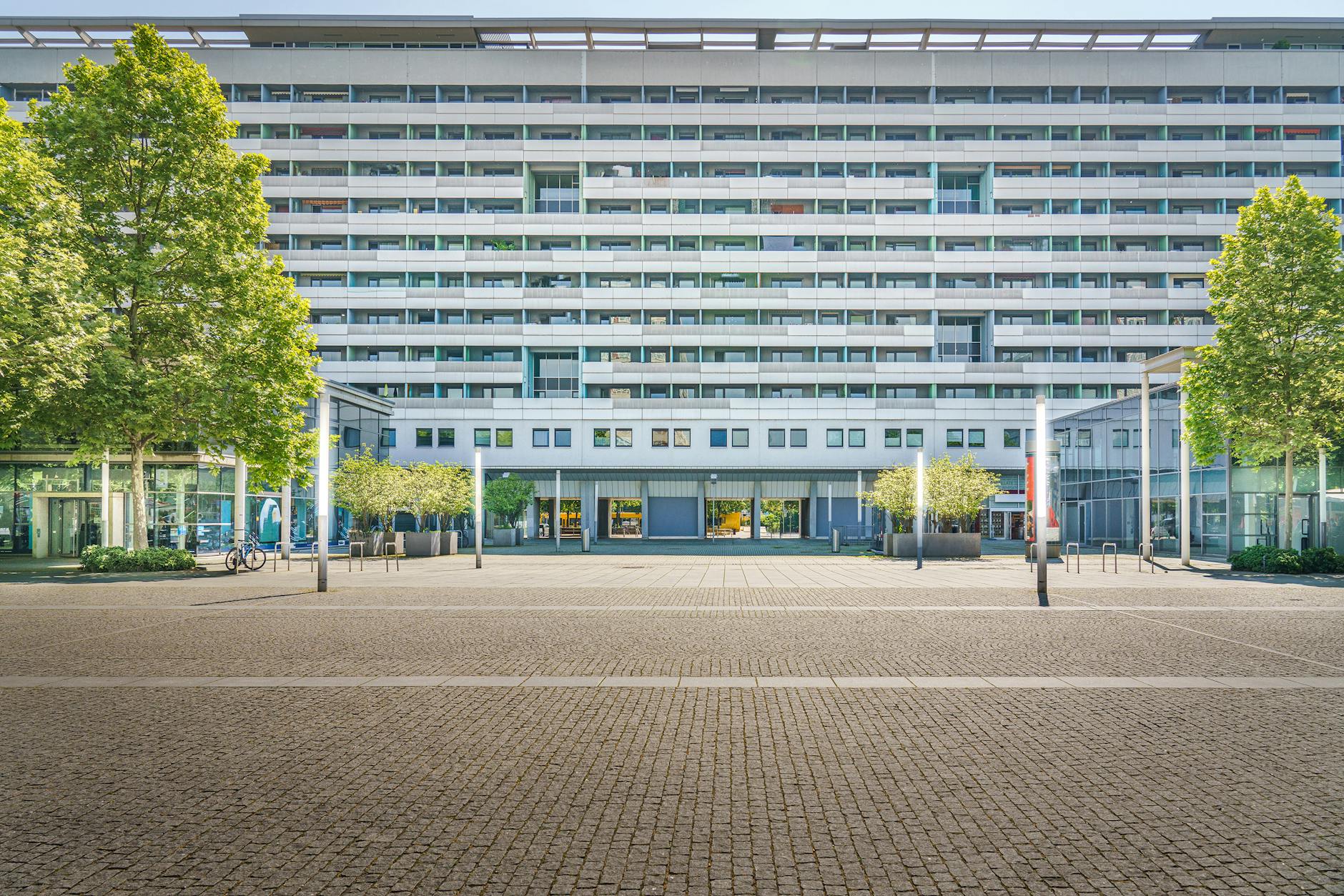A Comprehensive Guide to Commercial Real Estate Leasing and Brokerage
Understanding commercial real estate leasing and brokerage is essential for investors, business owners, and professionals aiming to navigate this complex market successfully. This comprehensive guide explores the critical aspects of commercial leasing agreements and the pivotal role brokers play in facilitating transactions. From grasping key lease types and clauses to discovering how brokers add value in negotiations and market analysis, this article provides a detailed overview designed to equip readers with practical knowledge. Whether you’re leasing office space, retail locations, or industrial properties, knowing the ins and outs of lease structures and brokerage services can significantly impact your investment outcomes and operational efficiency. As the commercial real estate market continues to evolve, staying informed enables strategic decision-making and long-term success.
Types of commercial leases and their key components
Commercial leases vary widely, tailored to the needs of different business types and property uses. The most common lease types include:
- Gross lease: The tenant pays a fixed rent, while the landlord covers most property expenses such as taxes, insurance, and maintenance.
- Net lease: The tenant pays base rent plus some or all property expenses. Variations include single net, double net, and triple net leases, with tenants taking on increasing responsibility for costs.
- Modified gross lease: A hybrid where tenants and landlords share certain operational expenses.
- Percentage lease: Often used in retail, where rent is based on a fixed minimum plus a percentage of tenant sales.
Critical components to carefully review in leases include the lease term, renewal options, rent escalation clauses, permitted use of the property, maintenance responsibilities, and termination conditions. Understanding these elements ensures tenants are aware of their obligations and protections, while landlords can secure steady income streams.
The role of a commercial real estate broker
Brokers act as intermediaries connecting tenants or buyers with landlords or sellers, facilitating smoother and more efficient transactions. Their expertise extends beyond simple matchmaking:
- Market expertise: Brokers provide valuable insights on market trends, pricing benchmarks, and emerging opportunities.
- Negotiation skills: They help clients negotiate favorable terms, ensuring leases meet financial and operational goals.
- Transaction management: Brokers handle complex documentation, due diligence, and coordinate with legal and financial advisors.
For landlords, brokers widen the exposure of properties to qualified tenants, reducing vacancy periods. For tenants, brokers streamline property search processes and can often uncover off-market opportunities.
Negotiating commercial lease agreements successfully
An effective negotiation balances both parties’ needs to establish a mutually beneficial lease arrangement. Key strategies include:
- Knowing market rates: Use comparable data to benchmark rent prices and terms accurately.
- Clarifying shared expenses: Specify which costs tenants are responsible for and how escalations will be handled.
- Securing flexible terms: Negotiate renewal options, rent abatement periods, or break clauses that allow tenants adaptability.
- Considering tenant improvements: Establish responsibilities for property alterations or fit-outs and potential landlord contributions.
Clear communication and anticipation of future business growth or market shifts help minimize conflicts and foster long-term landlord-tenant relationships. Professional advice from brokers and legal experts supports stronger negotiation outcomes.
Trends influencing commercial real estate leasing and brokerage
The commercial real estate industry is shaped by evolving factors including technology, economic shifts, and changing work habits:
| Trend | Impact on leasing and brokerage |
|---|---|
| Remote work and hybrid offices | Reduced demand for traditional office space; increased interest in flexible leases and coworking arrangements. |
| Proptech innovations | Use of virtual tours, AI-driven analytics, and automated lease management improving client experience and decision-making. |
| E-commerce growth | Higher demand for industrial and warehouse space; shifting retail leasing patterns. |
| Sustainability requirements | Increasing incorporation of green building certifications and energy-efficient features affecting lease incentives and valuations. |
Understanding these trends enables brokers and tenants to adapt leasing strategies to current and future market realities, optimizing investment returns and operational needs.
Conclusion
Commercial real estate leasing and brokerage are intertwined aspects that require thorough knowledge and strategic thinking. By understanding the different lease types and their critical terms, tenants and landlords establish clear expectations that safeguard their interests. Brokers enhance this process with market expertise, negotiation acumen, and transaction management, playing a vital role in maximizing value for all parties. Successful negotiations hinge on data-driven decision-making, transparency, and flexibility to accommodate changing business environments. Moreover, staying informed about industry trends like remote work adaptation and technological advances prepares stakeholders for a dynamic market landscape. Ultimately, mastering these components equips investors, businesses, and brokers to foster sustainable, profitable commercial real estate relationships.
Image by: Jakub Zerdzicki
https://www.pexels.com/@jakubzerdzicki
editor's pick
latest video
news via inbox
Nulla turp dis cursus. Integer liberos euismod pretium faucibua

